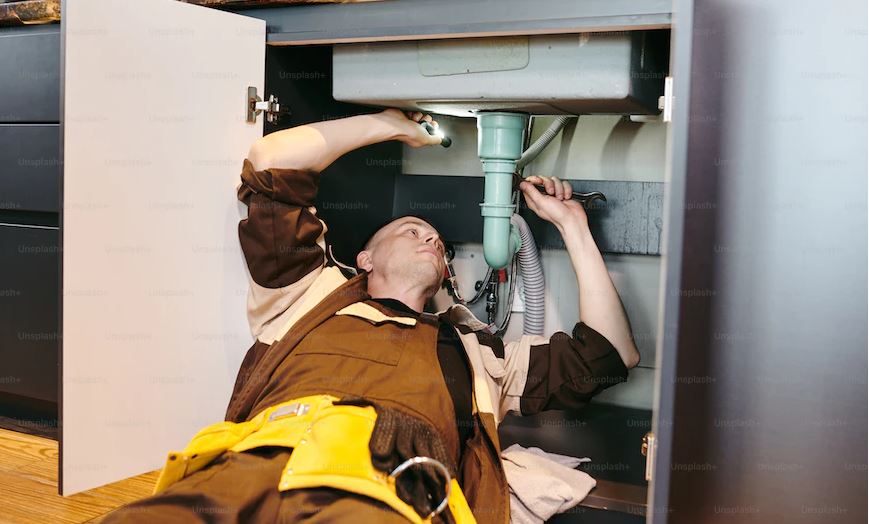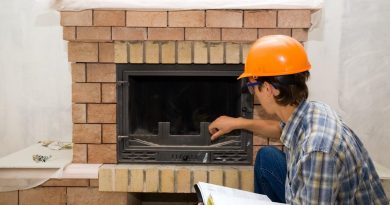Detecting and Addressing Leaks: A Homeowner’s Guide
Water leaks in a home are a common issue that can lead to damage if not addressed promptly. Homeowners must understand the signs of leaks and how to deal with them. This article provides a comprehensive approach to detecting and addressing leaks, ensuring that homes are protected and maintained effectively. Homeowners can consider getting expert waterproofing for lasting results.
Identifying Common Signs of Water Leaks
Early detection of water leaks is crucial in preventing extensive damage to a home. Common indicators include a noticeable increase in water bills without a corresponding increase in usage, which often points to a hidden leak. Sounds of running water when all taps are off can also indicate a leak in the plumbing system. Physical signs such as damp spots on floors, walls, or ceilings, especially outside the bathroom and kitchen areas, are clear indicators. The presence of mold or mildew in typically dry areas is another red flag. Stains or discolorations on ceilings and walls and peeling paint or wallpaper can also signal a leak.
Inspecting Plumbing Systems Regularly
A proactive approach to leak detection involves regular inspections of the home’s plumbing system. Homeowners should check for any visible signs of leaks in pipes, faucets, showerheads, and toilets. Look for corrosion or rust on pipes, especially around joints and connections. Inspect the areas around water heaters, dishwashers, and washing machines for signs of water leakage, such as warped or discolored flooring. Even small drips can lead to water loss over time, so addressing these issues promptly is essential.
Using Technology to Detect Leaks
Leveraging technology can significantly aid in the early detection of leaks. Moisture meters can help detect dampness in walls which might not be visible to the naked eye. Thermal imaging cameras are valuable tools for identifying changes in temperature behind walls or under floors, which can indicate a leak. Additionally, homeowners can install smart water sensors that alert them to leaks in real-time or even automated water shut-off systems that can prevent a minor leak from becoming a significant flood.
Addressing Leaks Immediately
Immediate action is essential upon detecting a leak. Homeowners can often perform simple repairs for small leaks, such as a dripping faucet or a leaking toilet flapper. It’s necessary to address these issues promptly, as even minor leaks can lead to larger problems if left unresolved. For more significant leaks, such as those in the main water line or in hard-to-reach places, it’s best to call a professional plumber.
Preventive Measures to Avoid Future Leaks
Preventing leaks is just as crucial as addressing them. Maintenance tasks, like cleaning gutters and downspouts, can prevent water buildup around the foundation. Insulating pipes can stop them from freezing and bursting in cold weather. Regular checks and maintenance of the plumbing system, including replacing old or corroded pipes and fixtures, can prevent leaks. Awareness of the plumbing system’s age and condition is crucial for proactive maintenance.
Seeking Professional Help for Complex Leaks
When faced with complex leaks or uncertainty about the source or repair, seeking professional help is advisable. Professionals can provide more thorough inspections, identify the root cause of leaks, and offer lasting solutions. For major issues, such as foundation cracks or significant water damage, consulting with expert waterproofing for lasting results ensures the problem is resolved effectively, preventing future occurrences and maintaining the home’s integrity.
Conclusion
In conclusion, timely detection and addressing of water leaks are essential in maintaining a safe and healthy home environment. By being vigilant for signs of leaks, conducting regular inspections, utilizing advanced detection methods, addressing issues promptly, taking preventive measures, and seeking professional help when needed, homeowners can protect their property from the adverse effects of water damage. Remember, effective management of water leaks not only saves money in repairs but contributes to the longevity and comfort of your home, making expert waterproofing a wise investment.




